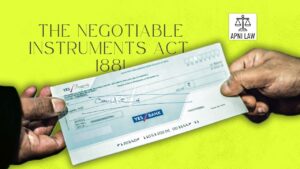Introduction
The Punjab and Haryana High Court overturned an eviction order under the Maintenance and Welfare of Parents and Senior Citizens Act, 2007. The court ruled that eviction can only be ordered if the senior citizen owns the property occupied by their children or relatives.
Case Background
The case involved a dispute over a house. In 2016, the District Magistrate of Chandigarh directed the eviction of a daughter from the property after her father, a senior citizen, filed an application under Sections 21 and 22 of the 2007 Act. He claimed the right to possession based on a general power of attorney.
Petitioner’s Stance
The daughter, representing herself, argued that her father did not own the property. She contended that the authorities misused the 2007 Act, as ownership is a prerequisite for eviction under the law.
Court’s Ruling
Justice Harsimran Singh Sethi examined the case and found that the senior citizen was not the registered owner. The property belonged to Bilhar Singh, as recorded by the Chandigarh Administration. The father relied on an agreement to sell and an irrevocable power of attorney, but these do not confer ownership.
The court cited the case of M.S. Ananthamurthy vs. J. Manjula, reaffirming that a power of attorney or an agreement to sell does not transfer property rights. The authorities wrongly treated the senior citizen as the owner and exceeded their jurisdiction under the 2007 Act.
Final Verdict
The High Court set aside the eviction order. It clarified that the senior citizen must seek possession through a civil court, not under the 2007 Act. The ruling reinforces that eviction orders require clear ownership proof under the law.










